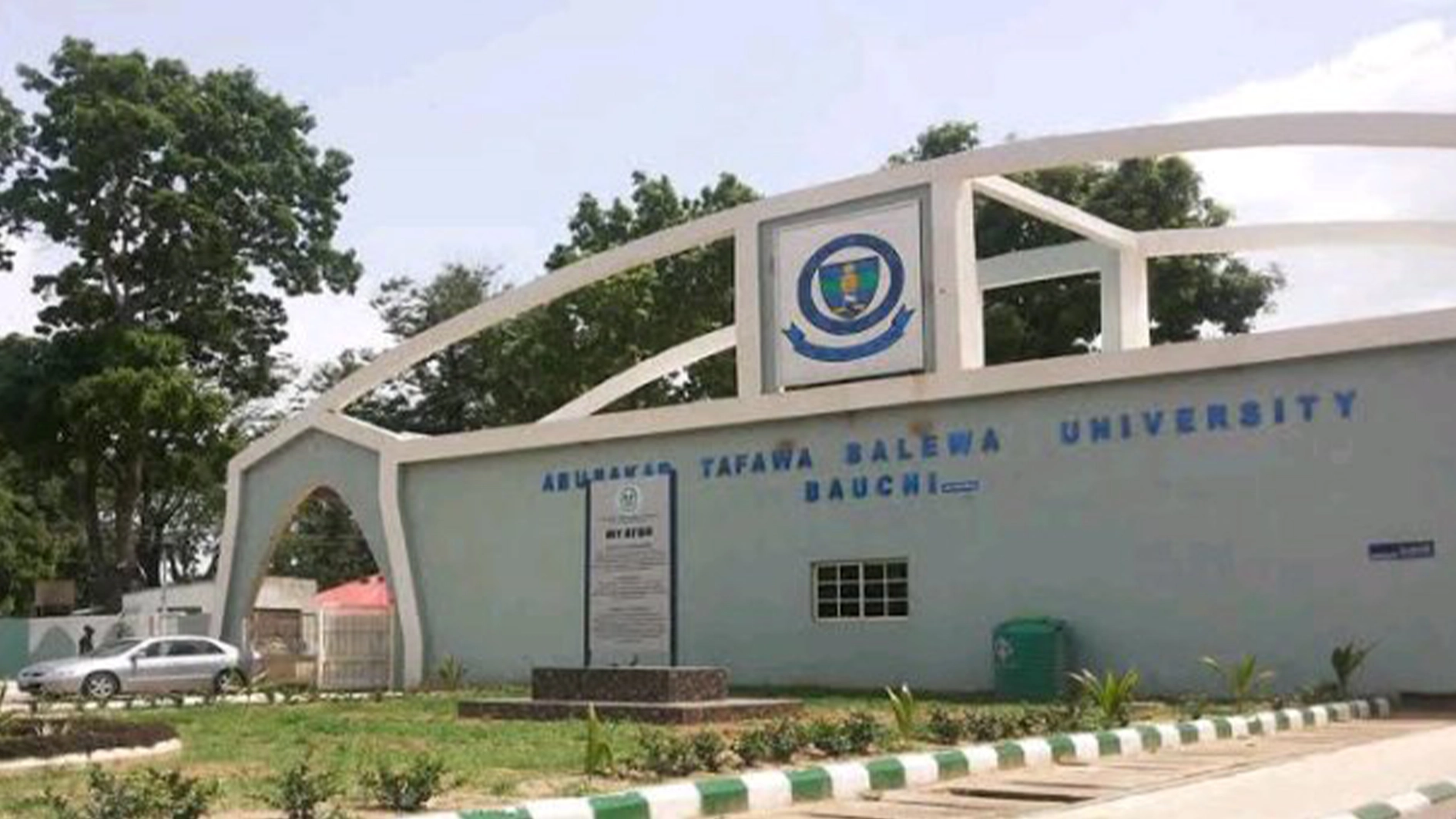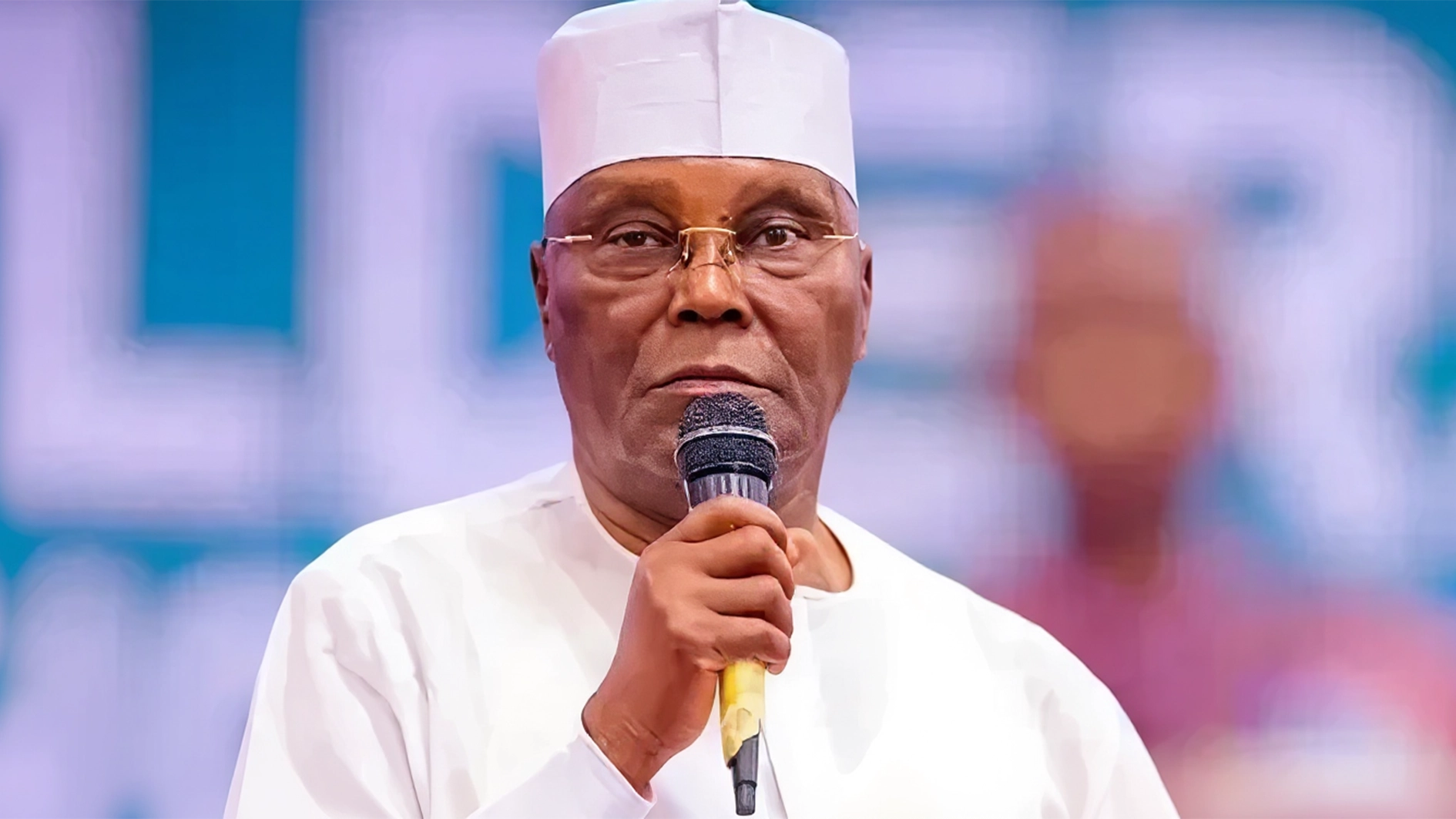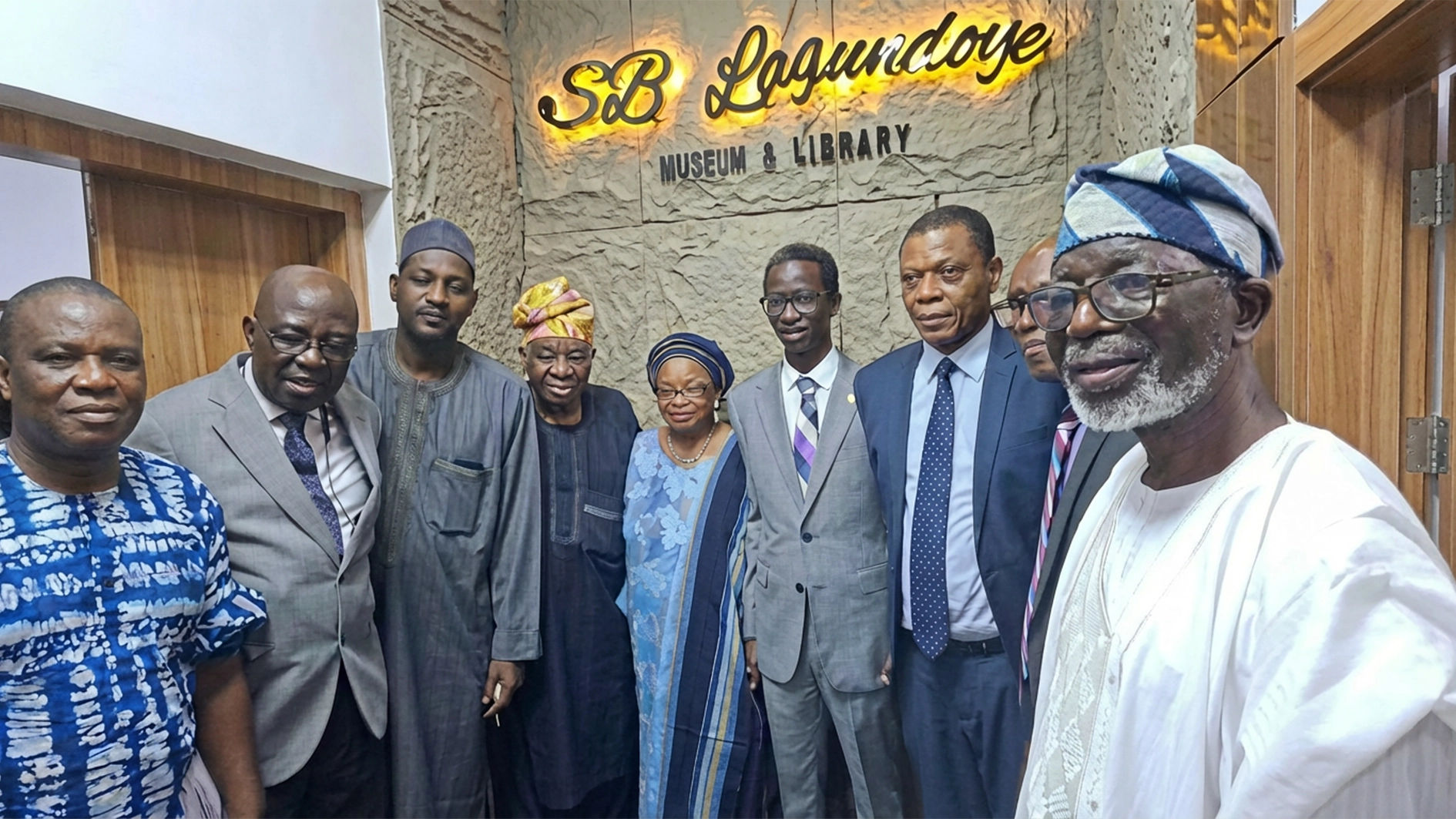An environment expert, Mr Victor Imevbore has warned that Nigeria may miss the Sustainable Development goals (SDGs) if it fails to address the multifaceted challenges plaguing the country.
Imevbore, who was the keynote speaker at the maiden public lecture of the Centre for Environmental Human Resources Development (CENHURD) University of Lagos (UNILAG) identified environmental mainstreaming as a prerequisite to achieving sustainable development in the country.
The lecturer, who is also the Managing Director, Environmental Resources Manager, lamented that Nigeria is in a precarious situation, considering its environmental challenges and poor performance on SDGs, which are compounded by poverty and population growth.
At the lecture titled: “Transcending barriers to environmental mainstreaming in Nigeria,” Imevbore identified poverty and population growth as some of the factors responsible for the nation’s poor performance on SDGs.
Imevbore added that despite enacting laws, issuing regulations, setting up agencies and signing up to numerous international treaties to protect the environment, it was ranked 139 out of 163 countries.
According to him, the 17 United Nations SDGs were a universal call to action against challenges such as ending poverty, protecting the planet and ensuring that by 2030, citizens enjoyed peace and prosperity.
He listed improved governance, better collaboration among key stakeholders and improved education and awareness on environmental matters as some of the key actions required to mainstream environmental management in the country.
He also identified education and awareness, data acquisition and collation, which is an improvement on environmental justice, as also critical.
“By far, the most important role of the CENHURD in environmental mainstreaming is that of a change agent, for positive behaviours by daring to be different and ensuring relevance through focused learning and skills dissemination, beyond the traditional reductionist training.
“I also encourage the centre to develop courses relevant to industry, incorporate tech into its courses and pursue mutually beneficial collaboration with the Nigerian Environmental Society (NES) on environmental education, certification of environmental practitioners and other areas.
“As we experience the dawn of a new administration, one desire and aspiration I am sure we all have is to improve governance and justice across all facets of existence as a people, as this remains the most important building blocks for environmental mainstreaming and sustainable development in general,” Imevbore said.
He further urged the centre to do things differently by embracing teaching and more importantly, practising the underpinning principles of sustainable development, specifically, treating development, conversation, ecosystem balance, culture and social interactions and governance as integrated and equally important goals.
On her part, UNILAG Vice Chancellor, Prof. Folasade Ogunsola disclosed that CENHURD is one of the research centres set up by the institution to address issues in its local community, Nigeria, Africa and the world at large.
Ogunsola stated that the university is focused on having solutions that are homegrown and would assist not just Nigerians, but the entire world.
Chairman of CENHURD Board, Prof. Babajide Alo said the centre was established in 2017 to address the growing national need and demand for capacity building, as well as the production of top-level expertise to manage contemporary environmental issues in the country.






